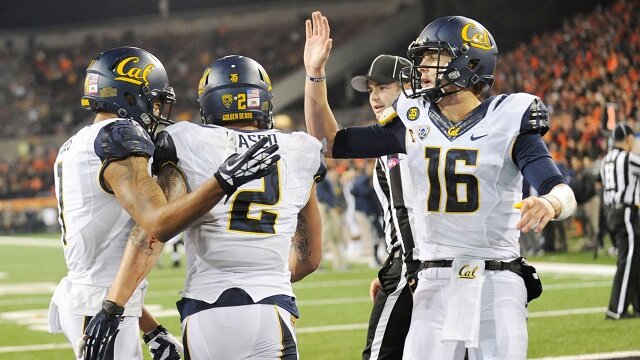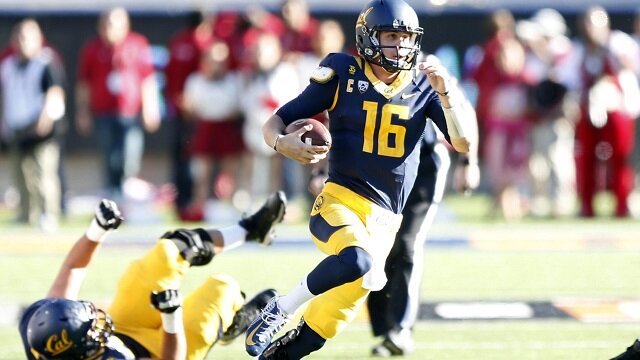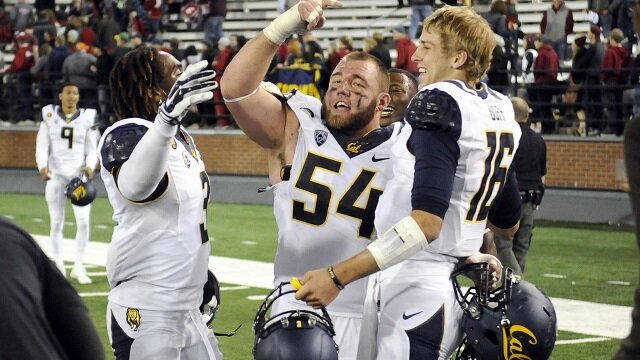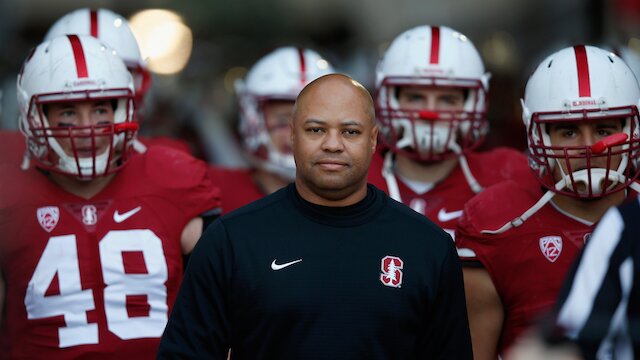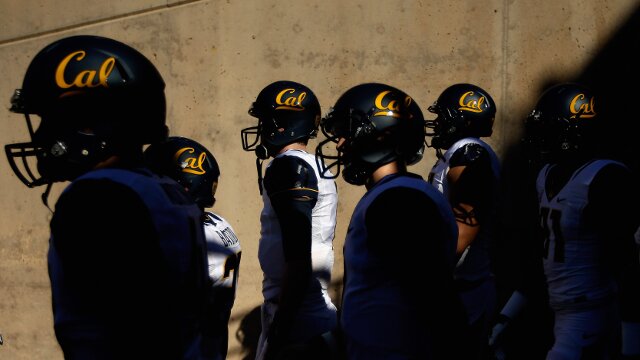
The family of Ted Agu, a California Bears football player who died in February after team running drills, filed a wrongful death lawsuit against the Regents of the University of California this week. According to the lawsuit, Cal football trainers and coaches “subjected Agu to harsh conditioning drills for a player with a known sickle cell trait.”
The focus is subjected on Cal for hiring associate athletic trainer Robert Jackson, who was a trainer with the Central Florida Knights in 2008 when Ereck Plancher died following a training session. Both players had the sickle cell trait present. The NCAA makes it a requirement for universities to test athletes for sickle cell, as the inherited condition affects athletes differently within strenuous workouts.
In the case of Agu, better prevention from the Cal training staff could have saved his life. After Cal’s training staff noticed Agu was struggling to finish the training run, there should have been assistance immediately. Cal’s team physician Casey Batten noted in reference of the treatment Agu received right before his death on Feb. 7: “He was on the back of the cart, he was talking, he was hydrating, he did not exhibit any labored breathing or other signs.”
Knowing the physical effects that sickle cell can have on an athlete, Cal should have taken the necessary precautions in handling Agu’s condition. It was noted that Bears players, including Agu, were working out by “running up a hill, 10 times, while all attached to a rope.” The extraordinary workout should have been closely monitored with supervision from medical personnel.
It’s only when a player loses their life that precautions are taken. Agu’s family is justified in the lawsuit against Cal and seek unspecified damages. In the future, the NCAA can prevent these types of situations from occurring with proper education of the health conditions affecting athletes.
Jeff Hauser is a contributing writer for www.RantSports.com and a member of the Football Writers Association of America. Follow him on Twitter @radiohauser.
 Share
Share 


